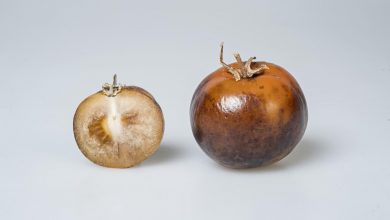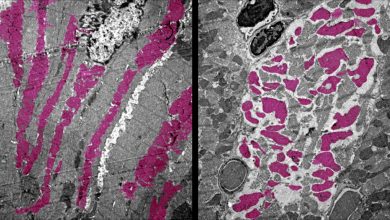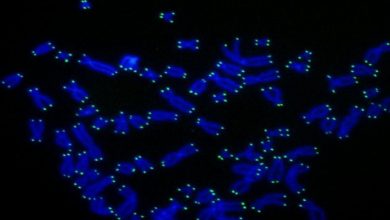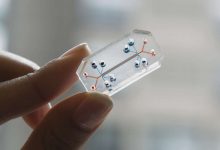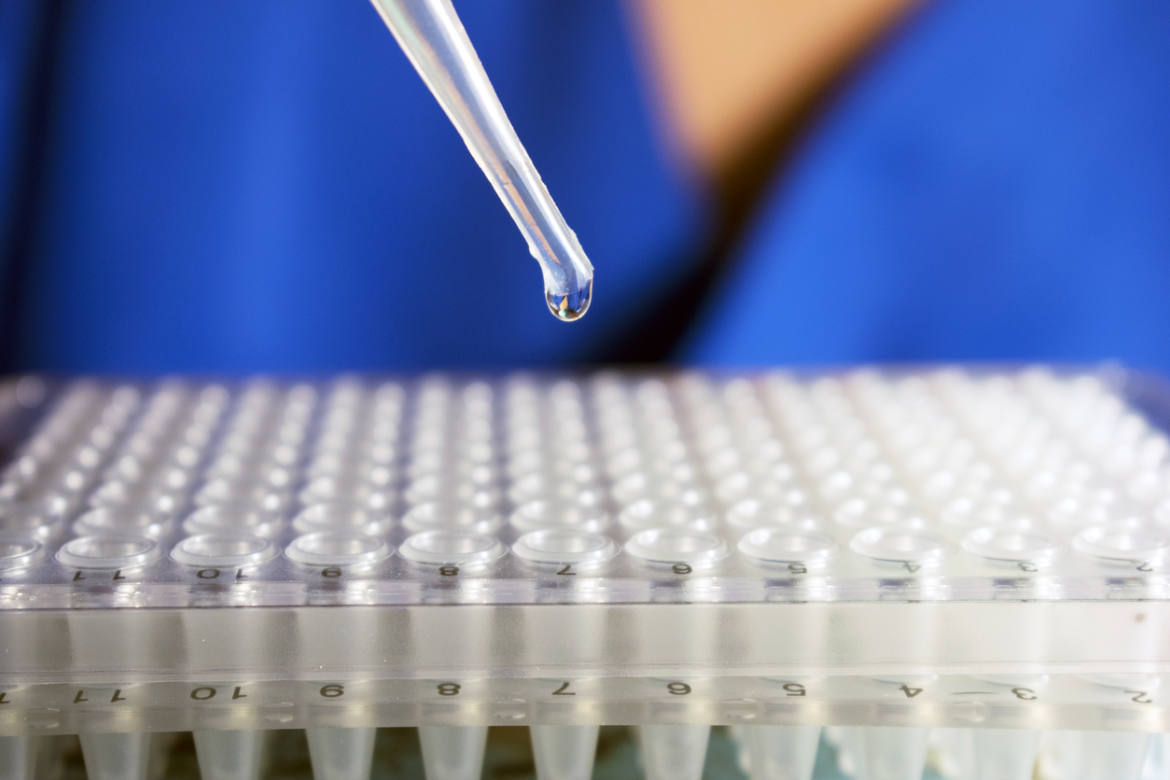
We all must have heard about the goodness of red wine for skin and heart, yet in other discovery, red wine has proved to be a lifesaver. Professor Tammy Dugas of LSU Department of Comparative Biomedical Sciences is using antioxidants found in red wine to prevent the heart attack.
Heart attack is the leading cause of death in both men and women in the US. Heart attack is a disease in which the arteries serving the heart gets blocked due to deposition of fats, cholesterol or other substances called plaque. This build-up of plaque can be because of an unhealthy lifestyle and food or it can be hereditary.
The treatment includes a change in lifestyle or eating habits and in chronic cases, surgical procedures become important such as coronary angioplasty. In this procedure, a tiny balloon is inserted in the vessel where the blockage has been detected and the balloon is inflated which breaks the hardened plaque and open the vessel for circulation of blood. To prevent plaque deposition in future a small mesh tube is inserted in the artery to support the walls of the vessel called stent.
These stents can release chemotherapeutic agents which are toxic and can cause narrowing of the vessel again. Professor Tammy Dugas is developing stents that will release two antioxidants called resveratrol and quercetin found in red wine slowly when inserted in the affected artery, which will promote healing and will prevent the formation of plaque.
“By delivering red wine antioxidants during conventional angioplasty, it may be possible to prevent excess tissue from building up and the blood vessel from narrowing again as it heals,” said Dr. Dugas.
Professor Dugas and her colleagues are also on their way to develop a balloon coated with same antioxidants to treat peripheral artery disease that is the blockage in any blood vessel throughout the body. This disease prevents the blood flow to vital organs like kidney or lungs or other body parts such as arms and legs. Approximately 8-12 million Americans are affected by it but less than 20% are diagnosed.
Tammy Dugas is a professor in the Department of Comparative Biomedical Sciences at the Louisiana State University School of Veterinary Medicine. She is very active in the Society of Toxicology and served as president of the Cardiovascular Toxicology Speciality Section for 2016-2017

